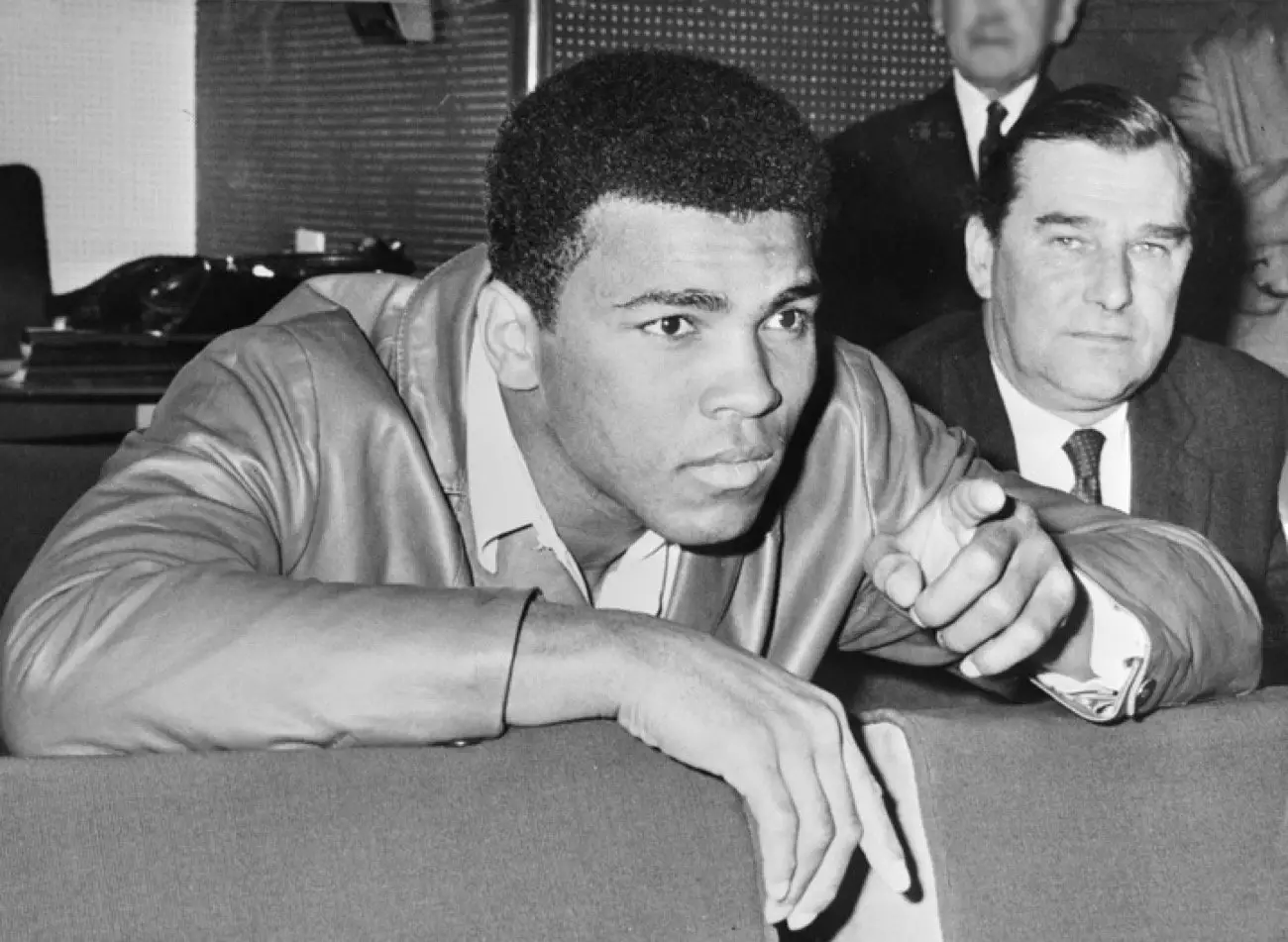The realm of heavyweight boxing is filled with storied athletes who have captivated fans with their prowess inside the ring. Recently, the team at Give Me Sport made waves by releasing their rankings of the top ten American heavyweights in boxing history. While their list based its criteria on overall record, titles, and in-ring ability, it inevitably stirs a pot of passionate debate among fight enthusiasts. The exclusion of notable fighters like Rocky Marciano and Jack Dempsey raises questions about the criteria’s rigor and fairness.
A Closer Look at the Top Ten
The rankings herald Muhammad Ali as the indisputable champion of this list, followed by legends such as Joe Louis and George Foreman. Each fighter has crafted their own legacy through significant achievements and unforgettable performances. For instance, Ali’s charisma and boxing IQ solidified his status as a cultural icon beyond the sport, while Louis remains celebrated for his unparalleled power and technical skill. Foreman, too, has transcended the ring, notably returning from retirement to reclaim glory, demonstrating the kind of longevity that few can boast.
However, the controversial placement of Deontay Wilder, ranked ninth, raises eyebrows. Wilder’s electrifying knockout power undoubtedly makes him a captivating fighter, yet his overall skill set and the quality of opposition faced give room for skepticism compared to fighters who have achieved a more balanced legacy in the sport. This leads us to question: should one-dimensional attributes outweigh a fighter’s all-around capabilities?
Notable Omissions and Historical Context
The absence of icons like Rocky Marciano and Jack Dempsey is notable, as both have made indelible marks on the sport. Marciano remains the only heavyweight champion to retire undefeated, a record that highlights his exceptional resilience and effectiveness in the ring. Dempsey, with his explosive fighting style and charisma, brought boxing to new audiences during his era. Their exclusion raises important questions about how we define greatness in the sport.
Moreover, the historical context must be considered. Inclusion of figures such as Gene Tunney, John L. Sullivan, or Jim Jeffries might be debated based on their contributions and significance in boxing history. Boxing has evolved dramatically over the decades, and comparing fighters from different eras sometimes leads to subjective evaluations rather than objective rankings.
Ultimately, these rankings are reflections of personal preferences and interpretations. The list encapsulates the dynamism that is inherent in discussing the greatest athletes in any sport. While it will undoubtedly incite spirited discussions among boxing aficionados, it also serves as a reminder that greatness is multifaceted and rooted in both achievements and personal biases. The joy of boxing resides not just in the statistics but in the debate it inspires, making each conversation around such rankings both entertaining and enlightening. As fans continue to dissect these choices, the conversation around American heavyweight boxing remains vibrant and crucial to the sport’s legacy.

